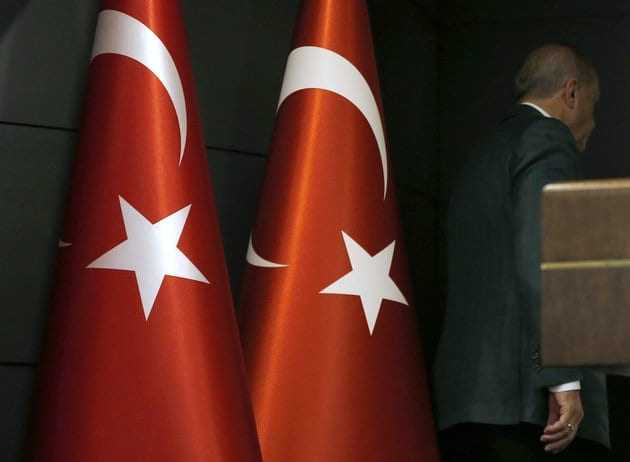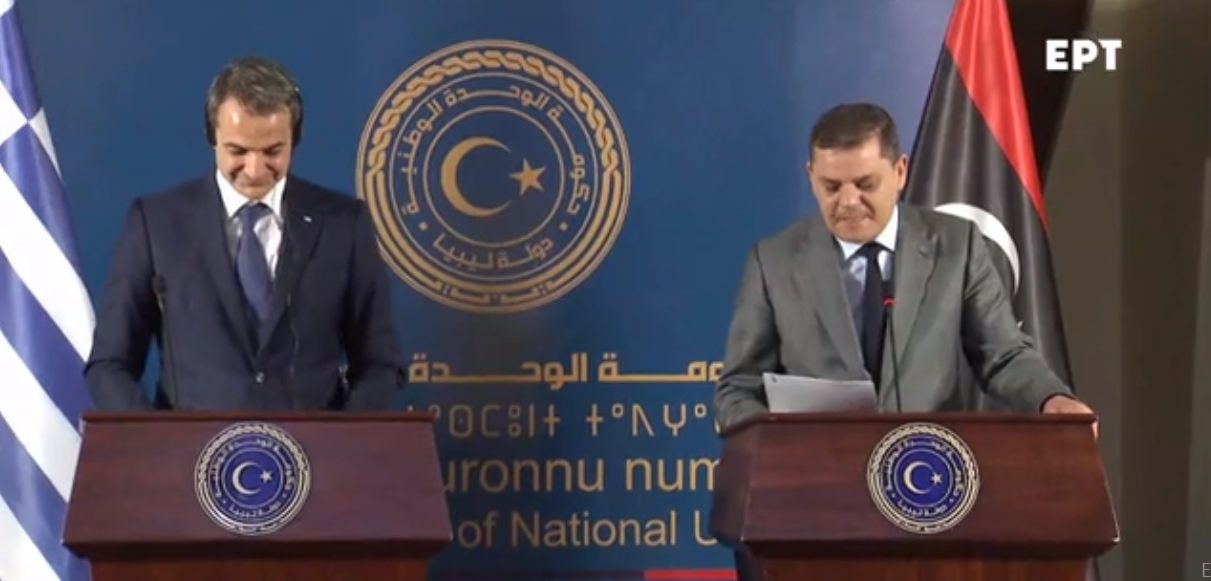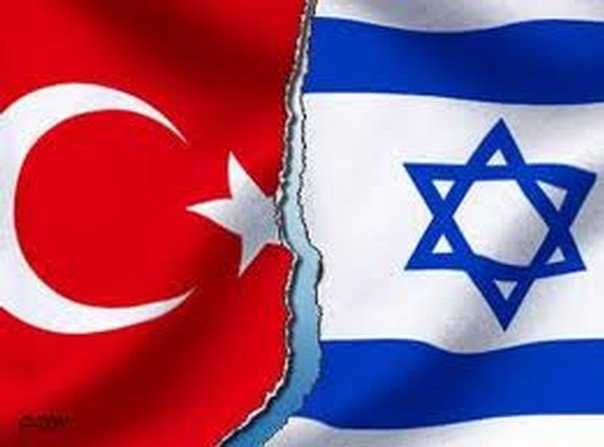Erdogan should be approached with a modicum of respect yet suspicion. It’s perfectly fine to talk and come to agreements, but Israel must also recognize the limitations of cooperation between the two countries and not be caught off guard when Erdogan unleashes another vitriolic tirade against the Jewish state.
By Prof. Eyal Zisser, Israel Hayom,
In recent months, Turkey has signaled its interest to Israel in improving relations between the countries that have been mired in a deep diplomatic crisis for over a decade. Last week, these efforts shifted into another gear as Turkish President Recep Tayyip Erdogan phoned President Isaac Herzog to congratulate him on entering office, and discussed with him the ways in which the two countries can restore their once-strong diplomatic relationship.
Erdogan has come a long way from that encounter with Peres to his 40-minute phone call with Herzog, during which the two agreed that “Israel-Turkey relations are of great significance for security and stability in the eastern Mediterranean and that cooperation has great potential for both countries in many areas.”
The Turkish motivation is obvious. Erdogan’s combative and contrarian policies toward the entire world have led him to a dead end. The Turkish economy is sputtering, inflation is soaring along with national debt, and the country is struggling to create new revenue. Turkey’s military involvement in Syria and Libya has mired Ankara in quicksand, and its relationship with the US is also at an unprecedented low. Biden, contrary to Trump, is unwilling to forgive Erdogan for oppressing his dissenters at home and considers him a tyrant. One expression of the tensions between Washington and Ankara was the recent decision by the US Congress to recognize the massacre of the Armenians.
Erdogan wants to improve relations with Turkey’s neighbors so as not to be left behind. The first to be courted were the Egyptians, although the path to rapprochement between the two countries remains a long one. Erdogan, it appears, refuses to meet Cairo’s demand to denounce the Muslim Brotherhood, the Egyptian regime’s mortal enemy.
This is an important lesson for Israel in terms of the limitations of renewed relations with Turkey. Erdogan is deeply invested in Hamas. Hence, there’s no reason to assume that any time a crisis erupts in Gaza or the Palestinian Authority, the Turkish leader won’t “pull an Erdogan” and publicly accuse Israelis, as he did during the most recent war with Hamas, of murdering children and only being “satisfied by sucking their blood.”
With that, speaking with Turkey is important, and advancing economic and perhaps other cooperation with it is an Israeli interest. Both countries could benefit, and this is the most important point from Israel’s perspective. Such is Israel’s approach toward Jordan, a security partner of utmost importance in the east, but whose streets are awash with a burning hatred for Israel.





